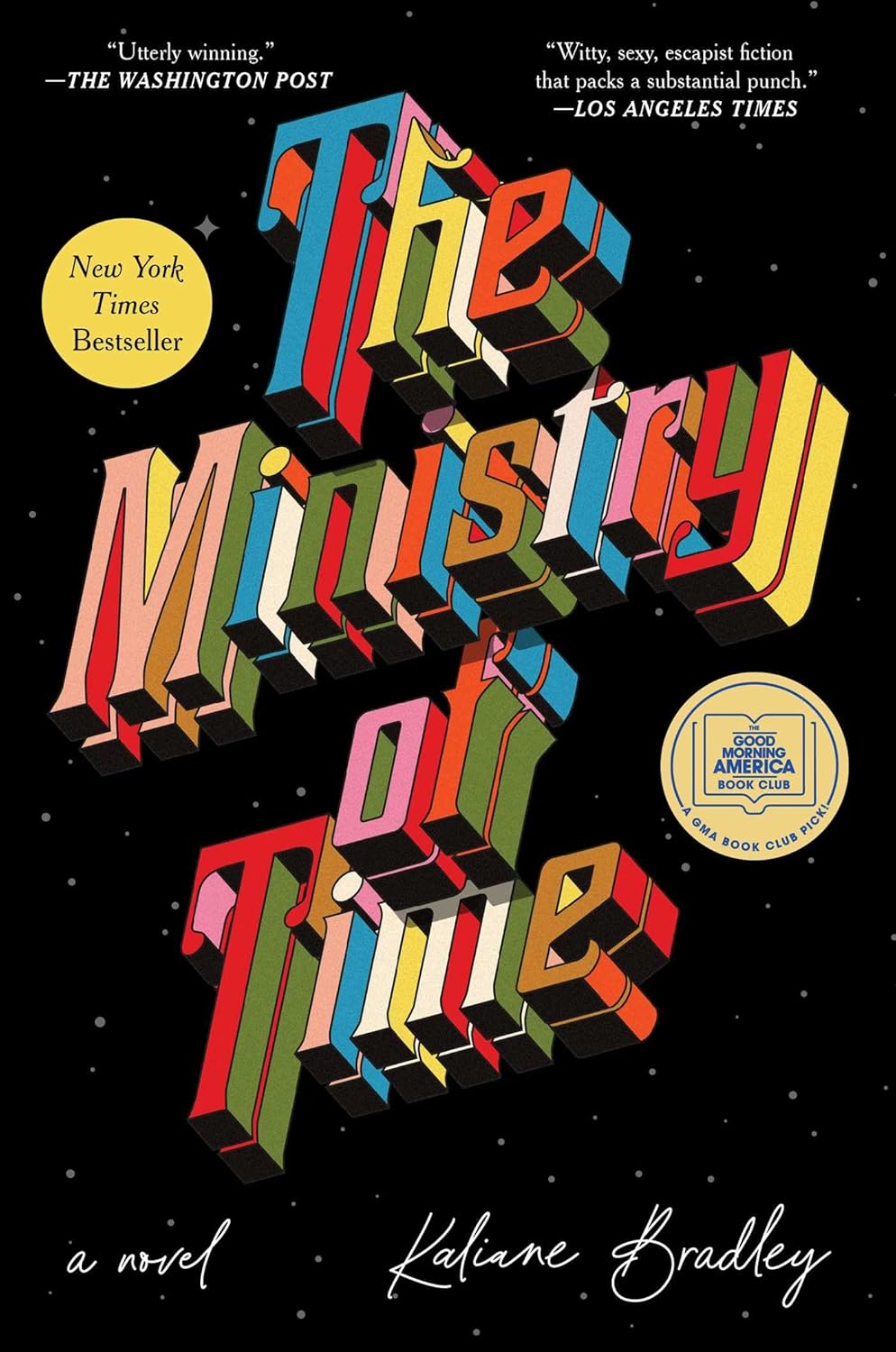Chapter 10
byChapter 10 begins with the protagonist thrust into a whirlwind of emotions after narrowly escaping a life-threatening situation. She races through the city, battling exhaustion and panic, only to find herself at the Ministry, where Simellia intercepts her with unexpected urgency. Their conversation takes a tragic turn when Simellia informs her that Arthur, someone deeply important in her life, has died. The revelation hits hard, and the protagonist’s emotional defenses collapse, her grief and anxiety overwhelming her as she struggles to process the devastating news.
However, the emotional tension skyrockets when Simellia surprises her by pulling a gun, revealing herself as the mole who has been leaking vital information. This stunning betrayal sparks a fierce confrontation between the two, with Simellia accusing the protagonist and the Ministry of being responsible for the catastrophic consequences facing the world. She explains that their actions—particularly the destruction of sub-Saharan Africa and the obliteration of Europe—are a direct result of the choices they’ve made. The protagonist, struggling with the moral weight of it all, defends herself, but the argument quickly turns violent. Amid the chaos, the protagonist manages to seize control of the situation, briefly gaining the upper hand while continuing to discuss the dire repercussions of their actions and the looming societal collapse.
The atmosphere grows increasingly tense with the arrival of the Brigadier, who presents a grim analysis of their situation. He suggests that they are trapped in an endless cycle of violence and retribution, with no clear way out. The protagonist, wracked with guilt over Arthur’s death and the looming uncertainty of the future, begins to feel the full weight of her choices. In a desperate attempt to break free from the cycle, she unloads her gun at the time-door machine, triggering alarms and red warning lights. The sudden blare of the alarms signals impending disaster, foreshadowing dire consequences not just for her, but for everyone involved.
As the confusion escalates, Simellia takes action, attempting to assist the protagonist in escaping the chaos. But their escape is short-lived as more Ministry forces arrive, leading to yet another deadly confrontation. In a desperate moment of survival, Simellia aims her gun at the protagonist, further highlighting the paranoia and distrust that have consumed their lives. Their tumultuous interaction reaches a breaking point, and they eventually find themselves in a parking lot, where Simellia, recognizing the futility of their situation, decides to sever ties with the protagonist. Her decision to take control of her own narrative marks a significant shift in her character, emphasizing the complexity of the choices they both face in a world that is spiraling out of control.
The protagonist, now alone, returns to her home, but the peace she seeks is elusive. Her mind is consumed by the memories of the relationships and the life she once knew, now irrevocably altered by the chaos surrounding her. To her shock, she finds Graham sitting at her kitchen table, armed and confrontational. Their tense exchange forces the protagonist to confront the depth of the betrayal and manipulation that has been woven through their lives. As the conversation unfolds, trust is shattered, and questions about love, loyalty, and the Ministry’s influence surface. The protagonist is left reflecting on the loss of her past, the regrets that now define her present, and the overwhelming sense of futility as she grapples with the inescapable forces of temporal disruption and emotional destruction. The chapter closes with a deep sense of reflection, as the protagonist must come to terms with the emotional wreckage and the stark realization that her world, once full of structure and certainty, has now become irreparably fractured.

